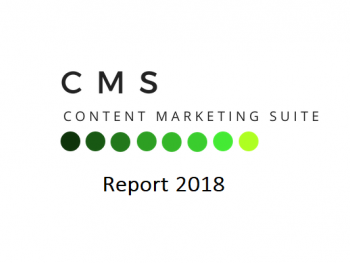SEO: Google Penguin, what it is and how to defend yourself
.jpg)
Google Penguin is a new algorithm created by Google Inc and the successor to Panda, to help favour quality content on search engines, to the detriment unoriginal ones or the result of spamming. Search engine optimisation, commonly known by the acronym of SEO, is an activity where site owners aim at the highest ranking achievable on search engines, in order to have a better visibility of their pages.
In order to achieve this, in many cases it is possible to duplicate content belonging to other sites or that, by inserting too many keywords, an activity called keyword stuffing, you can climb positions within search results (SERP). Google Penguin has the purpose of identifying all sites that have unethically raised their SERP Identification is the result of several checks. For example, the text Tag Title, could be considered irregular if it were riddled with the use of the same keywords. The same inspection also occurs within the paragraph subtitles. Another check affects the content for keyword stuffing, to discourage the unnatural use of keywords and to reward the writing's fluency.
Further verification takes place on the links within the sites, whether they are directed to external pages or to their own, with the aim of identifying users of automatic systems for creating links. Pages containing links to sites already punished by the Google Penguin system are also penalised. To pass these checks unscathed it is necessary to take precautions. Constantly check your site's link's contents, both incoming and outgoing. Check keywords, avoid repeating them too frequently within titles and inserting them excessively and in a non-fluid way within the content. Make sure that the texts you publish are absolutely original and not derivatives of plagiarism, neither total nor partial from other sites. With these measures, the best contents will be able to pass the checks and achieve the best results in the SERP.


.jpeg)


